1 How Do Lipsticks Affect Your Health?
Lead is one of the primary toxic ingredients in lipsticks. This, along with parabens, can affect female estrogen hormones, causing menstrual cycle disorders and even breast cancer.
In fact, lead is not the only toxin found in lipsticks. Some studies show that regular and gloss lipsticks also contain nine other heavy metals, including triclosan, cadmium, manganese, and chromium, which can affect the nervous and cardiovascular systems and increase the risk of infertility.
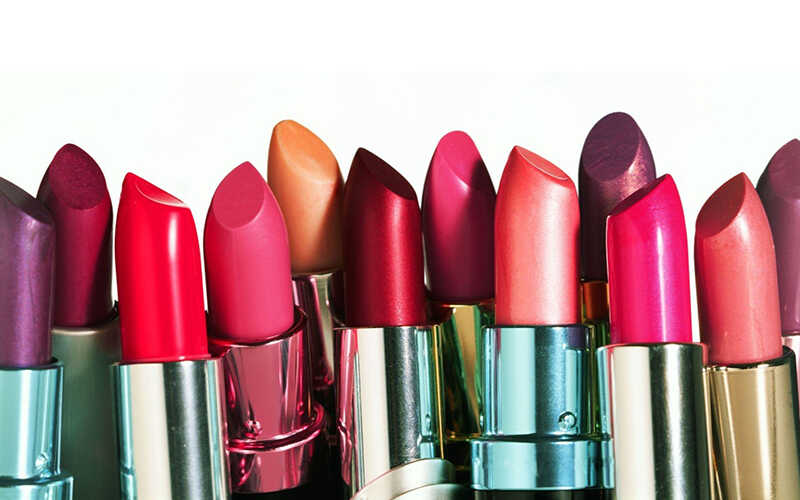 How Do Lipsticks Affect Your Health?
How Do Lipsticks Affect Your Health?
Additionally, chemicals in lipsticks such as methacrylate, a binding agent, can cause allergies, swelling, blisters, and dry, chapped lips.
Not just lipsticks, but skincare products in general, are a concern for women. To ensure safety, you should always check the lead content before using any cosmetic product.
2 How Does the Lead Content in Lipsticks Affect Your Health?
Not all lipsticks contain lead. However, recent studies show that this heavy metal is becoming more common in lip products. It’s important to note that the price of a lipstick is not a determining factor in whether it contains lead or not.
Medical experts say that there is no safe level of lead exposure for the body. Therefore, any amount of lead in lipstick, no matter how small, is considered unsafe. And almost no lipstick brands list lead as an ingredient.
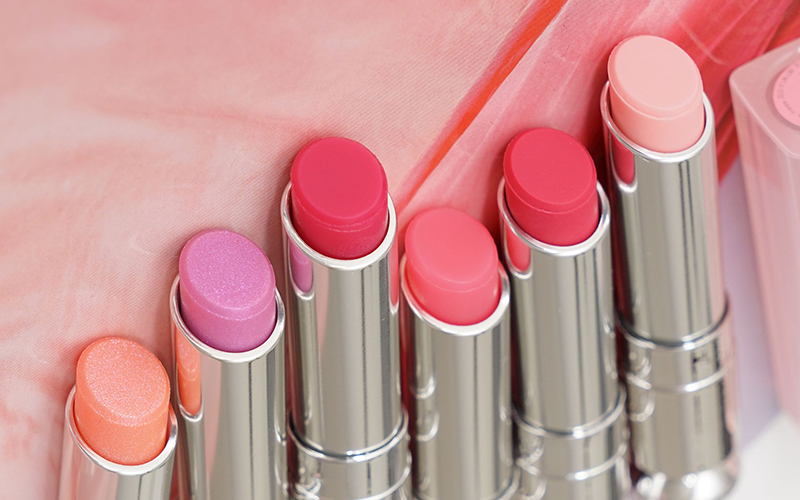
3 What Happens If You Ingest the Dye in Lipsticks?
The dyes used in lipsticks often contain harmful chemicals that can irritate the skin and cause lip darkening or even leukoderma.
The reason these harmful chemicals are not listed on the ingredient labels of lipsticks is that they are not direct components of the lipstick but are present in the dyes used to color the product.
These harmful chemicals can be absorbed into the body when ingested. Many researchers say that by using regular or gloss lipsticks, you may be absorbing aluminum, cadmium, chromium, manganese, and other metals in excess of the daily limit recommended for the body.
According to researchers, when women apply lipstick two to 14 times a day, they are ingesting or absorbing approximately 87 mg of lipstick.
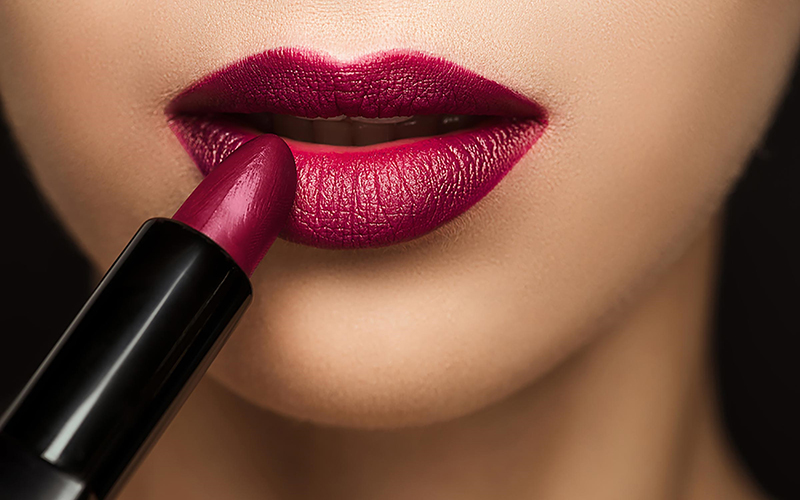
While not everyone wears lipstick daily, those who do use it throughout their lives. This means that lead and other toxins can accumulate and impact your health. Therefore, it’s essential to remove your lipstick before bed to reduce the absorption of these chemicals.
If you find yourself applying lipstick around 14 times a day, reduce this frequency immediately to minimize exposure to harmful chemicals. Never let children use lipstick, as their bodies are particularly sensitive to these toxic metals.
Also, pay attention to the expiration date of your lipstick. Expired cosmetics can contain bacteria such as Enterococcus faecalis, which causes meningitis, Eubacterium, which causes vaginal infections, and Aeromonas, which causes stomach flu and wound infections.
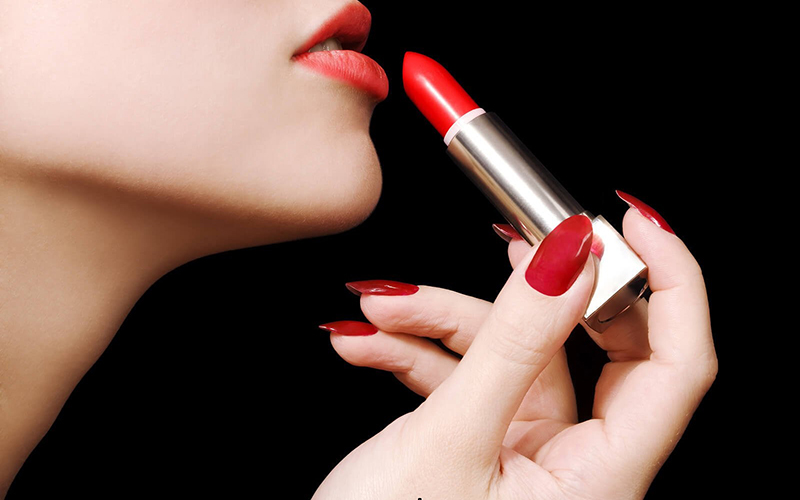
4 Tips for Safe Lipstick Use
– Exfoliate your lips 1-2 times a week.
– Go lipstick-free one day a week to let your lips “breathe.”
– Apply lip balm daily and before using colored lipstick.
– Remove your lipstick before going to bed.
– Do not use lipstick that has turned rancid, changed smell, or expired.
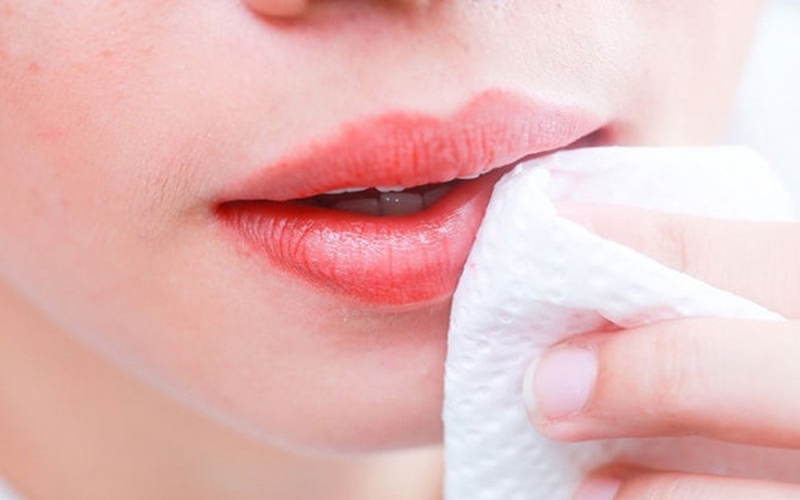
While beauty is a vital aspect for women, it’s essential to be mindful of the ingredients and proper usage of beauty products to maintain your health and well-being.
Exploring the Pros and Cons of Sleeping in an Air-Conditioned Room
Is sleeping with an air conditioner a good idea? As concerns over the adverse effects of air conditioning on our health increase, it’s important to understand the risks and rewards of using air conditioning while sleeping. Let’s examine the benefits and drawbacks of sleeping with an air conditioner, and the protective measures one should take.














